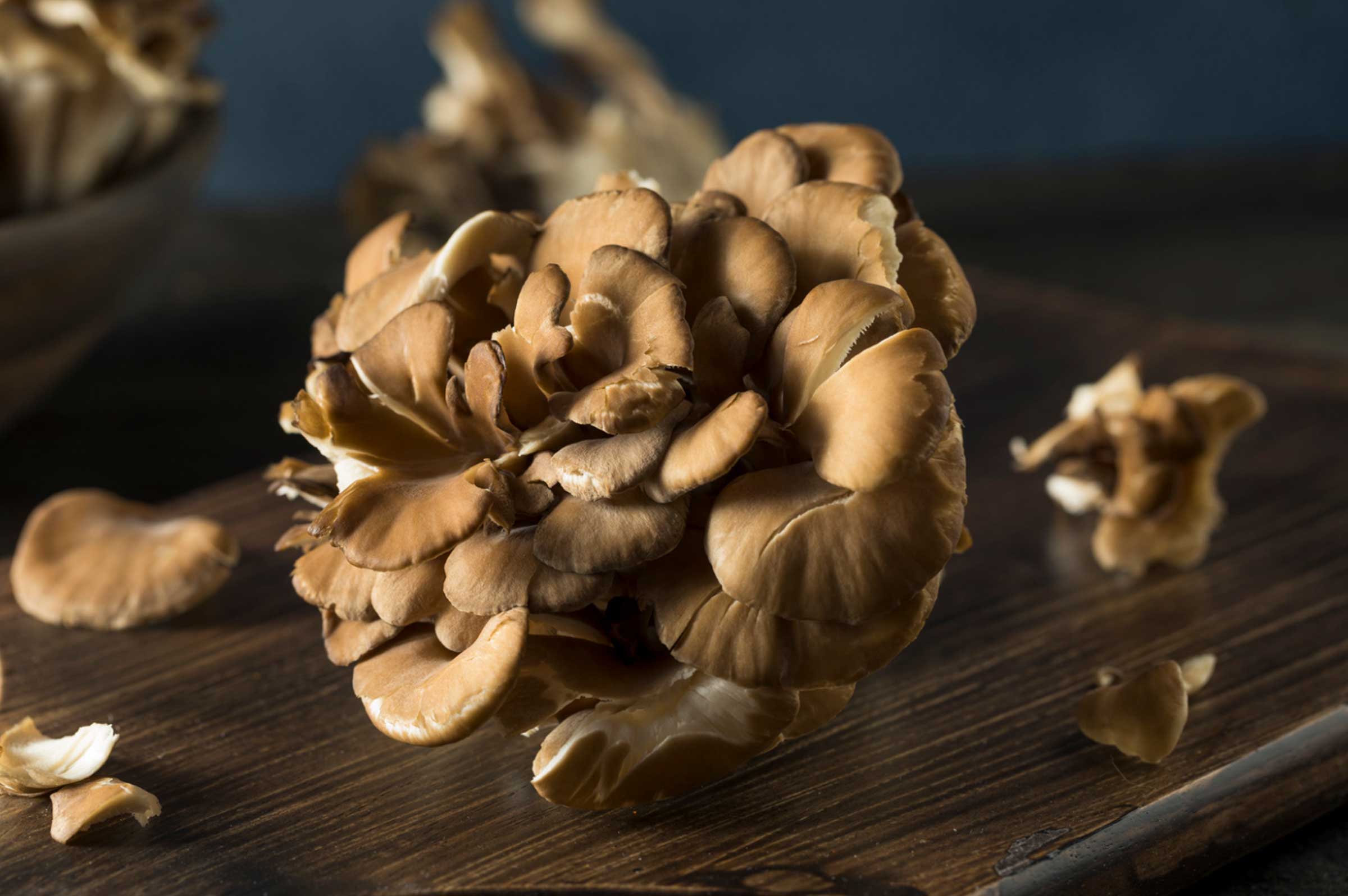Watching a cherished canine companion struggle with cancer is a heartbreaking ordeal for any pet owner. The quest for treatments that not only fight the disease but also support a dog's overall well-being often leads to exploring natural remedies. One such promising solution gaining attention in the veterinary world is the use of turkey tail mushrooms.
For centuries, turkey tail mushrooms, scientifically known as Trametes versicolor, have been a cornerstone in traditional medicine, particularly in Asia. Their potent immune-boosting and antioxidant properties are now being recognized for their potential in combating canine cancer. This blog discusses how these remarkable mushrooms can become a vital part of your dog's cancer care regimen, offering hope and enhancing quality of life.
Understanding Canine Cancer
Canine cancer comes in various forms, affecting different tissues and organs such as the skin, bones, and lymphatic system. Common types include lymphoma, osteosarcoma, and mast cell tumors. Early detection and intervention are crucial, yet the aggressive nature of cancer cells often makes treatment a challenging journey.
Conventional treatments like chemotherapy and radiation aim to eliminate cancer cells but can also harm healthy cells, leading to side effects like fatigue, nausea, and weakened immunity. This has prompted pet owners and veterinarians to seek complementary therapies that can support the dog's body during this strenuous battle.
The Potent Properties of Turkey Tail Mushrooms
Turkey tail mushrooms are rich in bioactive compounds known as polysaccharopeptides, specifically PSP and PSK. These substances are renowned for their ability to modulate and enhance the immune system. They stimulate the activity of natural killer cells and T-cells, which are essential in identifying and destroying cancer cells.
Beyond immune modulation, turkey tail mushrooms exhibit strong antioxidant properties. They help neutralize free radicals in the body, reducing oxidative stress and cellular damage. This not only supports cancer treatment efforts but also promotes overall health and vitality in dogs.
Scientific Research Supporting Turkey Tail Mushrooms
Several scientific studies have highlighted the benefits of turkey tail mushrooms in oncology. Notably, research from the University of Pennsylvania's School of Veterinary Medicine demonstrated that dogs with hemangiosarcoma, an aggressive cancer, showed increased survival times when supplemented with turkey tail mushroom extract.
These findings suggest that turkey tail mushrooms can play a significant role in extending the lives of dogs battling cancer. While research is ongoing, the existing evidence underscores the potential of this natural remedy as a valuable adjunct to conventional cancer treatments.
Boosting the Immune System Naturally
A robust immune system is a critical ally in the fight against cancer. Turkey tail mushrooms enhance immune function by promoting the proliferation and activity of immune cells. This heightened immune response can help the body more effectively combat cancer cells and recover from the adverse effects of traditional treatments.
By naturally boosting immunity, these mushrooms contribute to improved energy levels, better appetite, and a more resilient constitution in dogs. This holistic support can make a meaningful difference in your pet's comfort and quality of life during treatment.
Incorporating Turkey Tail Mushrooms into Your Dog's Care
Integrating turkey tail mushrooms into your dog's health regimen can be a promising step toward enhancing their immune response during cancer treatment. These mushrooms are available in various forms such as powders, capsules, and tinctures, making it convenient to include them in your pet's daily routine.
When selecting a turkey tail mushroom supplement, it's essential to choose high-quality, veterinary-recommended products. Look for supplements that are organic, free from harmful additives, and have undergone rigorous quality testing.
Conclusion
Facing a cancer diagnosis in your dog is undeniably challenging, but integrating natural supplements like turkey tail mushrooms can make a significant positive impact. By enhancing immune function and offering antioxidant protection, these mushrooms serve as a powerful complement to conventional treatments.
Empower your dog's fight against cancer by adding VetSmart Formulas Critical Immune Defense to their regimen. Embrace the healing potential of turkey tail mushrooms and take an active step toward supporting your pet's health and happiness.










